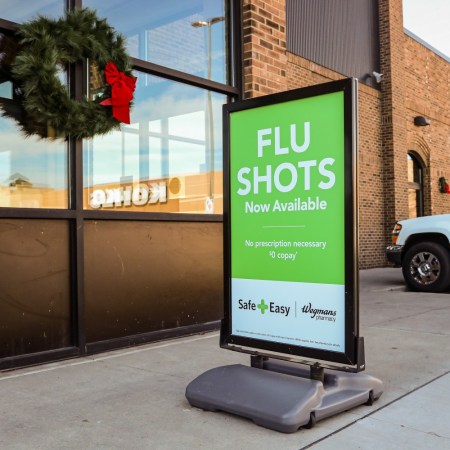This year, there’s been a lot of talk about vaccine passports allowing people who have been vaccinated against COVID-19 to have an easily verifiable way of showing their status. Though there have been some hiccups — this Recode article about New York’s Excelsior Pass is well worth a read — it’s also not hard to see why they’ve grown in popularity for a significant number of the population.
While the idea of having an app with a QR code feels decidedly contemporary, it turns out the idea of a vaccine passport — or, more broadly, a convenient method of showing one’s immunity to a pandemic — has a much longer history. At Smithsonian Magazine, Brigit Katz looked back on the way that authorities in Gibraltar dealt with outbreaks of yellow fever in the early 19th century.
At the time, scientists did not yet know about the role mosquitos played in spreading the virus. But they did know that people who had survived a bout with the disease were immune to it — though, as Katz notes, the term “non-liability” was used at the time, rather than “immunity.”
By 1828, the local government had begun giving people who had survived yellow fever a pass certifying their immunity, which also gave them a greater degree of mobility. As the article points out, there are some similarities to the present moment but also some substantial differences — including a more aggressive system of quarantine. Still, it’s not hard to see the roots of some of today’s practices back then.
Thanks for reading InsideHook. Sign up for our daily newsletter and be in the know.


















